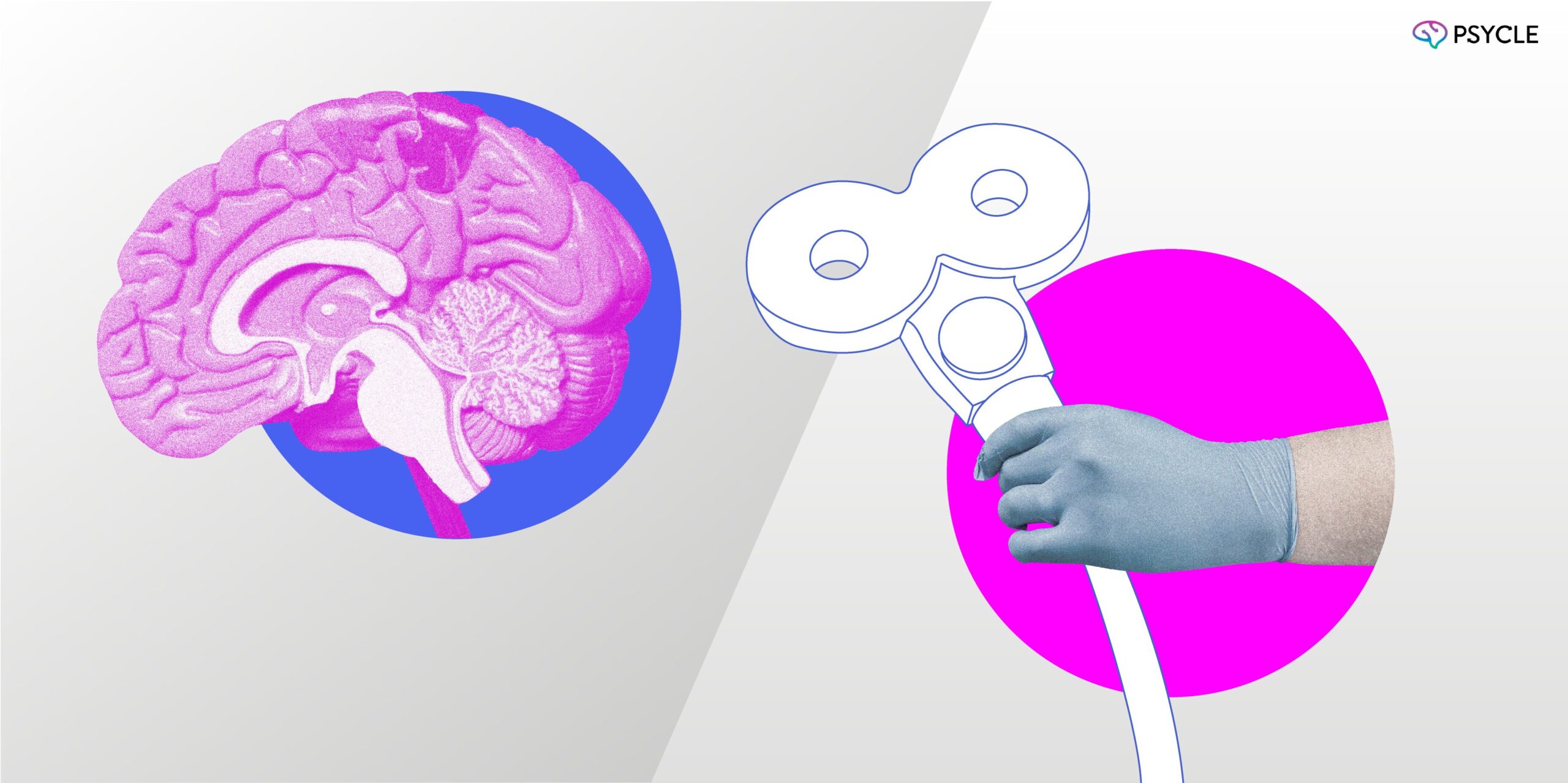

TMS (Transcranial Magnetic Stimulation) is a non-invasive and drug-free treatment that uses electromagnetic pulses to stimulate nerve cells in the brain. It has been shown to help people with depression, OCD, and other mental conditions who do not respond to antidepressants or psychotherapy.
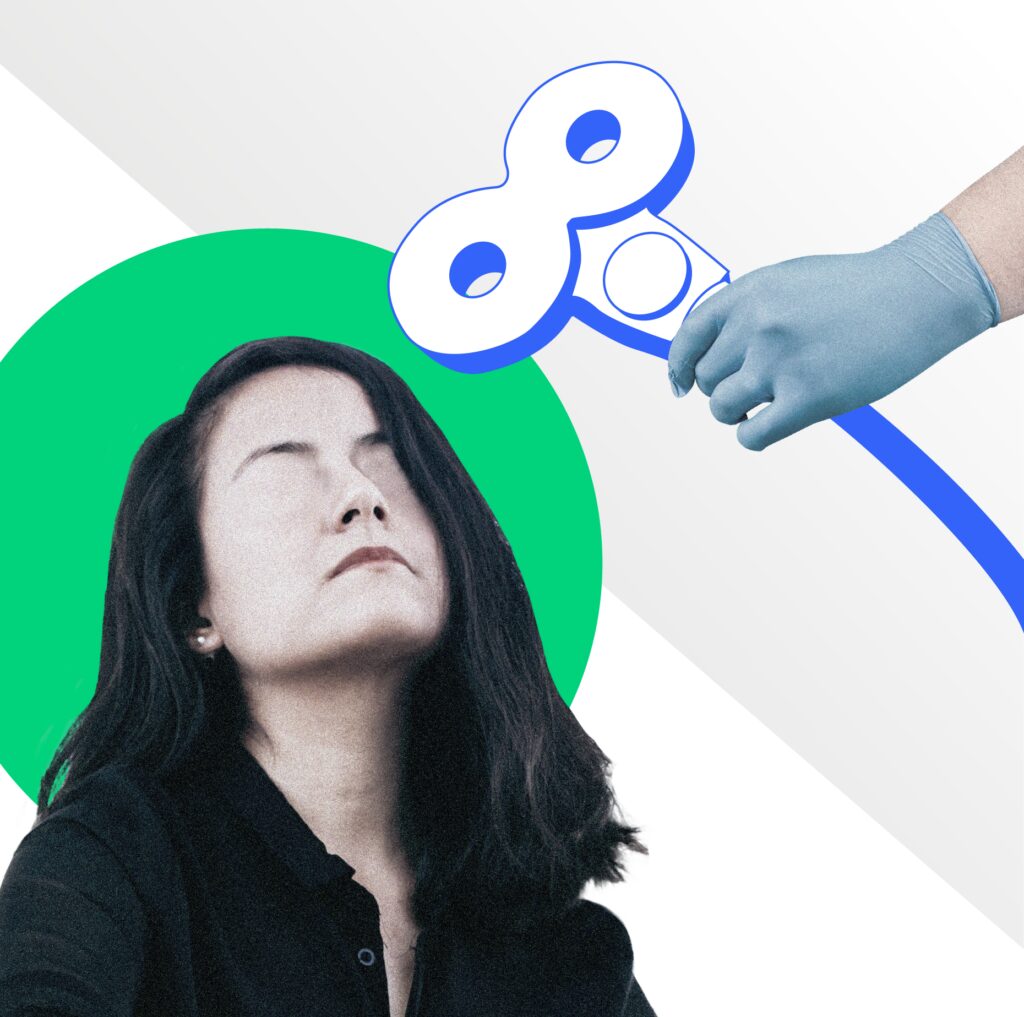

Your individual experience may vary based on your medical history, genetics, environment, habits, and other factors.
Each session takes 20-40 minutes
No long term side effects
Covered by Insurance
High success rate
5 sessions per week required
Minimal discomfort
Treatment lasts 4 to 6 weeks
low risk of seizure
TMS has shown strong efficacy and few side effects in treating TRD and MDD. If you’re struggling with severe depression, break the Psycle with TMS.
TMS has shown strong efficacy and few side effects in treating TRD and MDD. If you’re struggling with severe depression, break the psycle with TMS.
Getting mental health care has never been easier. Wondering if TMS is right for you?


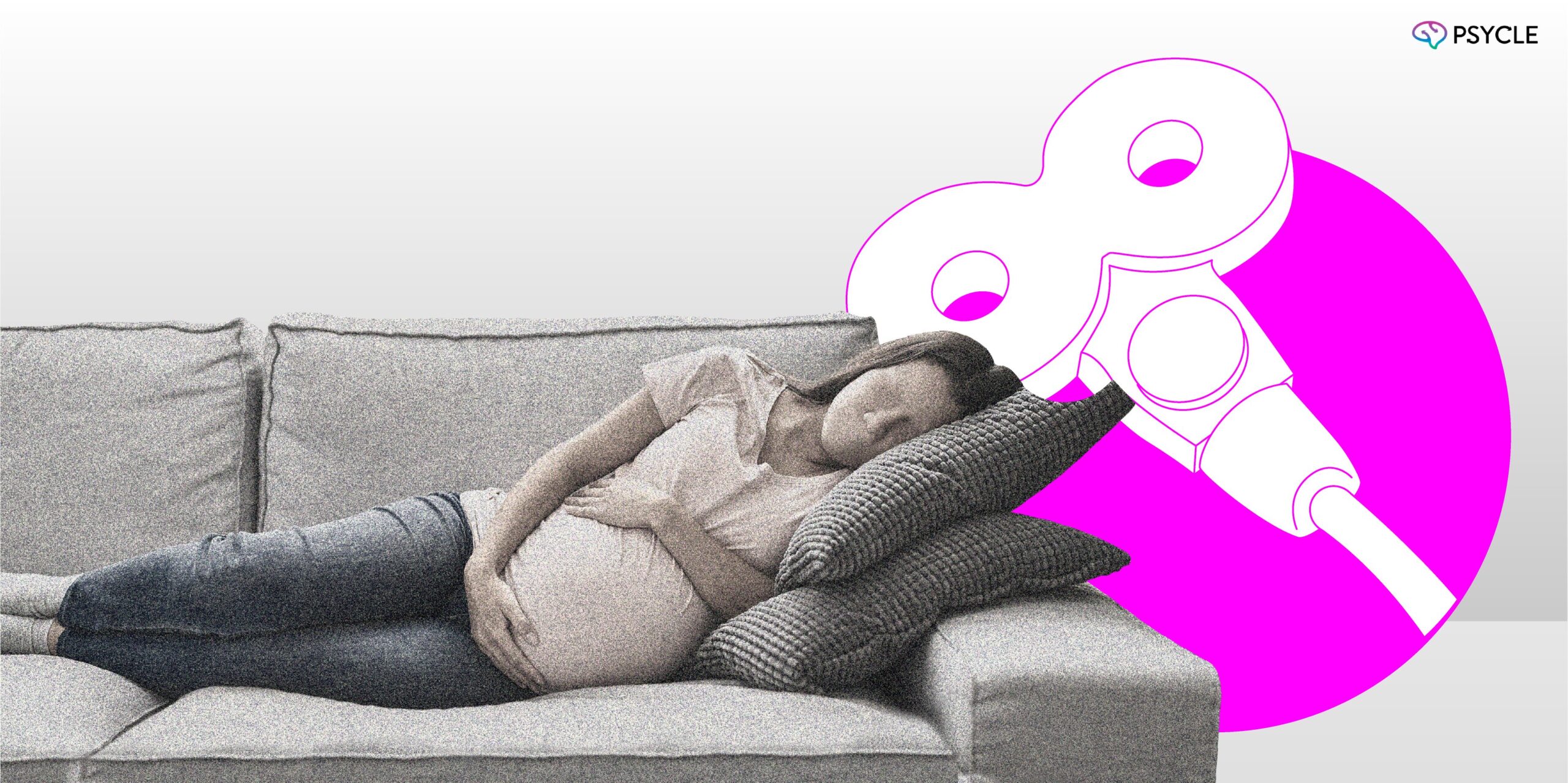

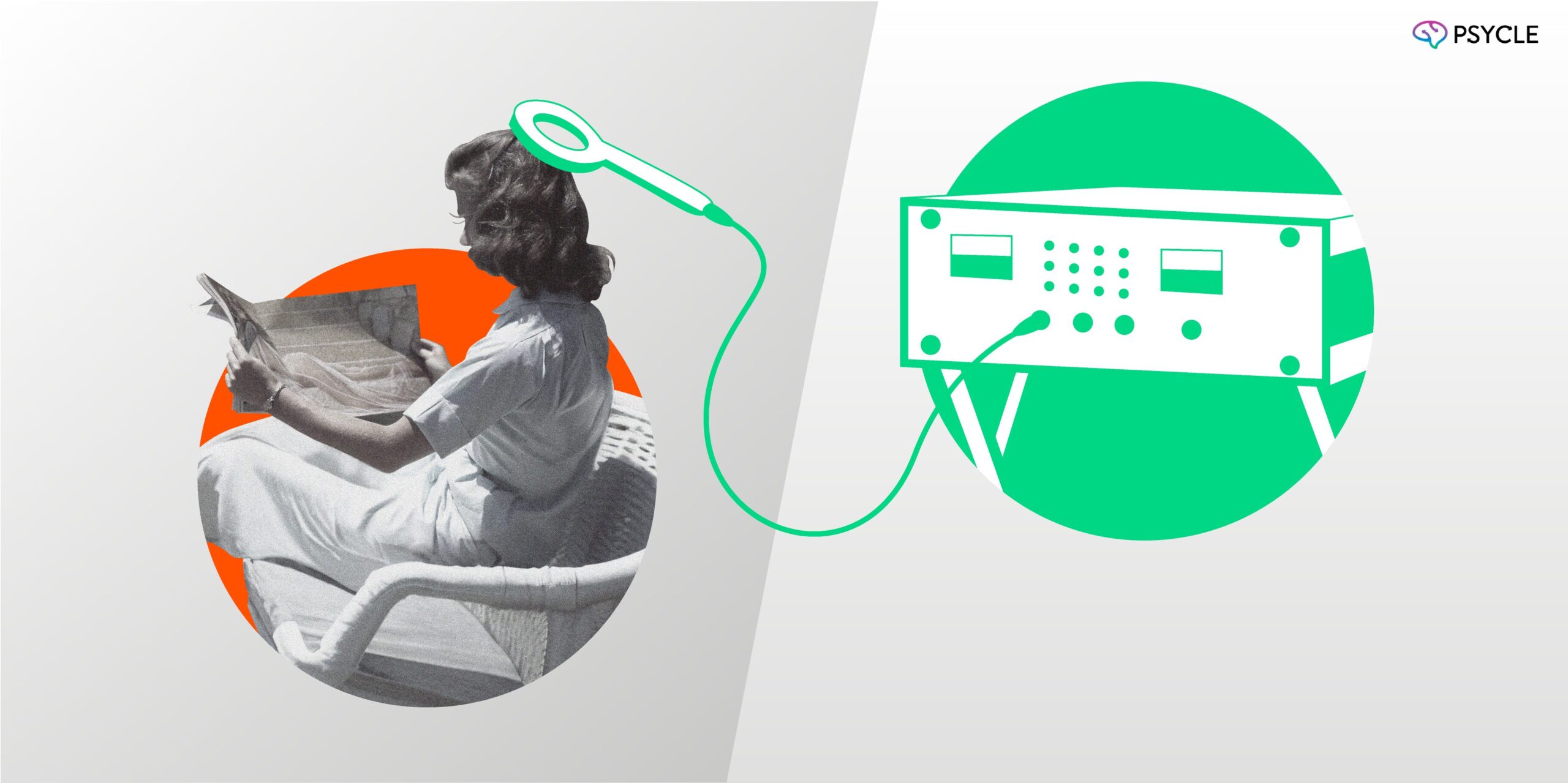

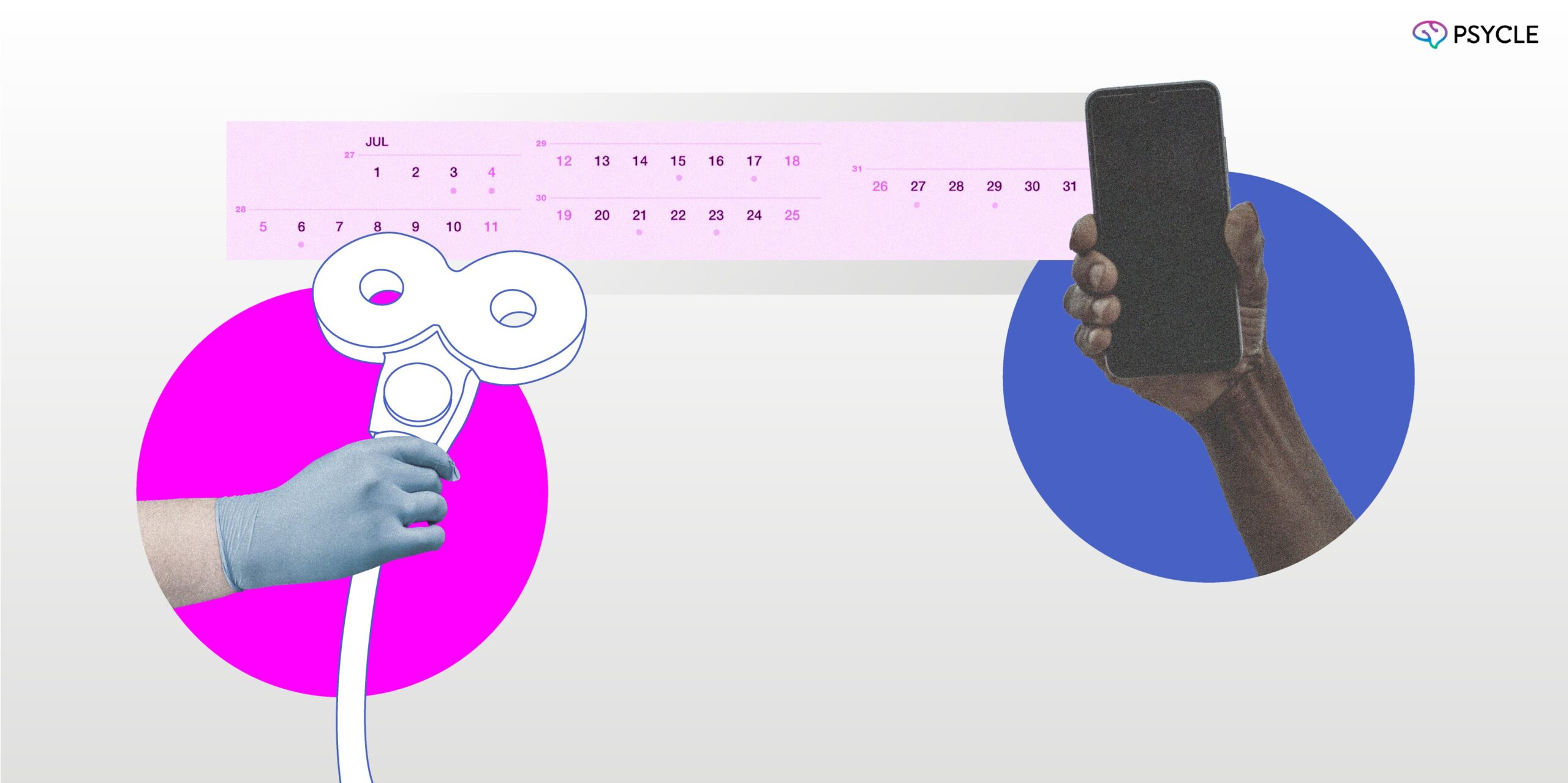

Your resource for psychedelic & alternative treatments~Connecting individuals with innovative treatment clinics.
Your resource for psychedelic & alternative treatments~Connecting individuals with innovative treatment clinics.
© Copyright 2024 Psycle Health, Inc. All rights reserved.
ENTER YOUR EMAIL BELOW TO GET INSIDER UPDATES DELIVERED STRAIGHT TO YOUR INBOX.😌🧠